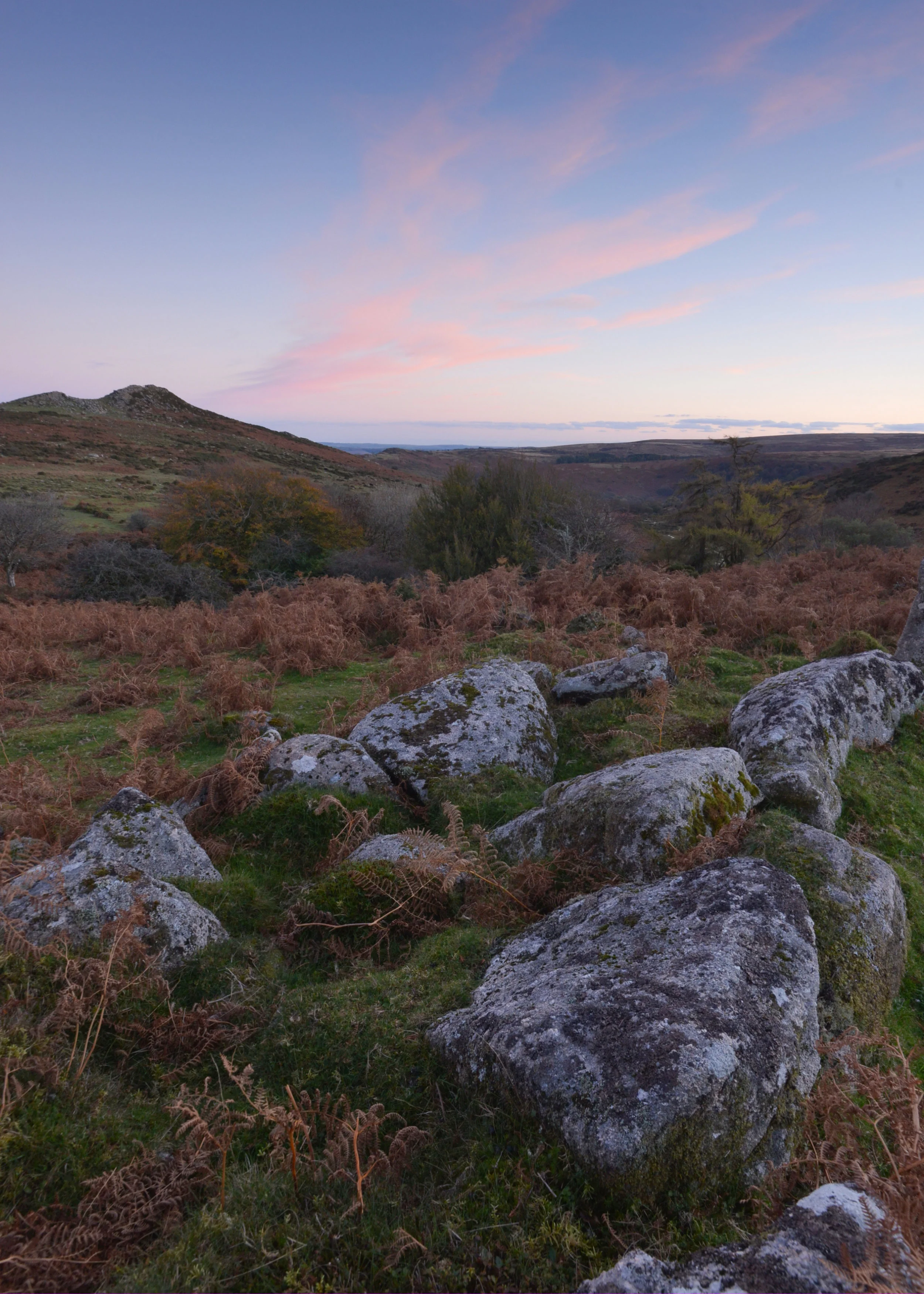
It provides a single voice to co-ordinate knowledge and share learning across Common Land.
We work with Commoners’ associations and federations, owners of common land, environmental NGOs, parliamentarians and farming bodies.
A fundamental principle is that the system of Commoning is valued both as a cultural heritage in itself and as the primary delivery mechanism for a range of other public benefits: the protection of landscapes and habitats valued by society. We empower and enable isolated Commoners in rural communities, running marginal micro-businesses, to deliver environmental benefits as part of their sustainable livelihoods. No other organisation works on these issues.
FCL became a registered charity in 2013; and has since developed a growing profile and a reputation for constructive dialogue, networking and professionalism. We help communities better manage land, represent the needs of Commoners to policy-makers, and organise training and events to help different parties collaborate effectively.
A Commons Charter
Our supporters include commoners’ associations and federations, parliamentarians and non-governmental organisations. Our core principles, as specified in the charter which all supporters are invited to sign, are:
The active management of common land makes a significant contribution to rural economies and the maintenance of local communities
The active grazing of commons provides substantial public benefits by managing land to enhance its landscape, biodiversity, access, heritage and other environmental goods
Common land and the exercise of common rights are fundamental components of our historic and on-going culture.
Our History
In 2006 a number of commons graziers’ organisations discussed the idea of setting up a national umbrella network to promote, advocate and care for a unique and precious approach to landscape, farming and the management of common land.
An inaugural meeting for all interested parties was held in December 2008. At that time it was agreed that a Shadow Board (8 members representing the main commons graziers’ organisations in the UK), other volunteers and some self-employed specialists would research and develop a ground-up, light but effective partnership organisation.
The result was the development of a structure that brings together existing commons grazier organizations including the Dartmoor Commons Council, Federation of Cumbria Commoners, the Yorkshire Federation of Commoners, Gower Commoners Association and Scottish Crofting Federation among others, along with organizations with European links and professionals with significant knowledge and experience in the sector
The Impact of Our Work
The following sets out three representative projects and illustrates their impact and measures of success.
2012 – ongoing:
Hill Farming Training for Conservation Professionals: Hill farmers in Cumbria and Dartmoor ran training sessions on farms for 200+ people working for Natural England, Defra, RSPB, Wildlife Trusts, and other conservation NGOs. We know it was successful because feedback was excellent: “You can read things in a book, be told about them or learn them, but actually having that hands-on experience and doing it yourself just makes the realisation and the connection happen” – and because the NGOs involved chose to commission and pay for more courses.
2015:
Ensuring Common Land received a 50% uplift in payments when the Common Agricultural Policy was reformed. This was a substantial victory since the uplift was opposed by the National Farmers’ Union and other powerful voices. FCL brought many Commoners together, and worked with economists, to ensure their research would expose the risk to marginal communities and the environment. Without the convening force of FCL their marginal voices would not have been heard above those of the farming establishment.
2019:
Project ‘Co-operation not Conflict- Convening a meeting: ‘Co-operation not Conflict: Securing Thriving Farm Businesses in an area of International Significance for both its Cultural and Natural Heritage’. This brought together diverse groups within the Lake District with varying views on whether the World Heritage Site status was an accolade or a risk to environmental recovery. For the first time key national players, with The Prince of Wales present, agreed a statement recognising the need to work collectively to address the urgency of the economic, climactic and biodiversity threats ahead. This was accepted by the Lake District Partnership in June and will now inform the Management Plan for the National Park. In addition this approach was recommended in the Glover Review on our National Landscapes. Read a copy of the draft statement here
Charity Governance
View our annual return to the Charity Commission here
















